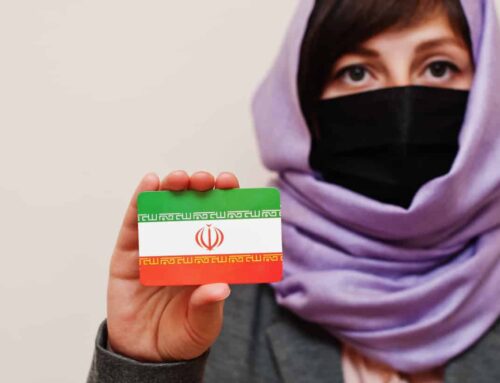So many of us live our lives worrying about the future and regretting the past. That means we are never truly alive or truly ourselves. Living in the now is hard. It involves giving up, letting go, and just being. In the now there is no past and no future – just now. It is in the now that healing occurs and miracles happen.
We saw this big time in last night’s Australian Open Men’s Final. Nadal was losing. The Spaniard appeared to be in a hopeless situation as he trailed Russia’s Daniil Medvedev two sets to love. Remarkably, the 35-year-old forced his way back to eventually triumph in a gruelling 5 hours and 24 minute match.
If Nadal had looked into the future as he fell two sets behind his opponent he would have seen himself losing and the emotion would’ve taken over him. Instead, we saw Nadal pull himself together and concentrate on the now. He concentrated on enjoying every moment; each ball becoming an object of the now.
And the miracle happened.
I’m sure Nadal has a team of very good sports psychologists on his staff. You could see the influence of this throughout last night’s game. These psychologists are using techniques taught by ancient religion.
In today’s secular society we often don’t recognise that we keep repeating the learnings that good religions have been teaching us for centuries. In our arrogance, we believe we are discovering these things ourselves. Both Buddha and Jesus emphasised the importance of living in the now. The Buddhist Master, Thich Nhat Hanh, who died only a few days ago, set up a centre dedicated to exactly this.
How much can we use this way of living in our daily lives? We often wake up with all these preconceived ideas of what our day will bring, almost setting ourselves up for failure before the day has even begun.
Living in the now is hard. But it can be learned, and it’s such an important lesson for us all. It’s been taught by the great religious leaders for all of time, yet we constantly forget it at our own expense.
As I often say, good religion is good living, and vice versa.





